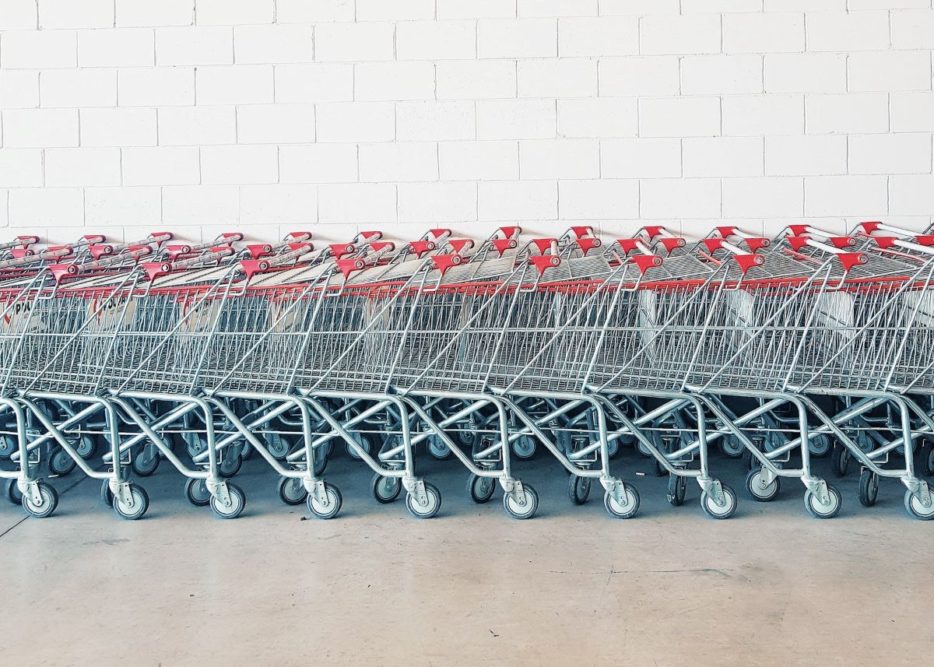Over the past five decades, the number of teens in the workforce dwindled, according to a new report from The Food Institute. That is, until last year when businesses squeezed by labor shortages decided more youthful employees would fill the gap created by adult workers giving up low-paying jobs as they reassessed their options during the pandemic.
“Often, these diamonds in the rough [teen employees] work better than tenured adults,” Addison Riddleberger, head of marketing for corporate cooking workshop firm Rockoly, told The Food Institute. “Ultimately, being a good employee is far less complex than most teenagers think.”
The U.S. Bureau of Labor Statistics estimates that more than 5.2 million workers between the ages of 16 and 19 are in the labor force, roughly 3% of all workers. Nearly half, 2.1 million, are in service jobs while 1.5 million are in food preparation or serving-related jobs. The Federal Reserve Bank of St. Louis estimated 36.6% of teenagers are working.
The labor shortage forced companies to rethink wage scales and benefits, many raising the minimum to $15 an hour, offering sick leave and vacation pay, and normalizing work schedules, to convince teens to build their resumes with paid work rather than extracurricular activities and unpaid internships that had become the preferred route to college and beyond.
Keys to effective employees
“Finding hard-working and attentive teenagers is tougher than ever these days,” Riddleberger said. “It could be the degradation of attention spans due to social media and video games, a lack of parents properly instilling a great work ethic in their kids, or many other things.”
“But every once in a while, we have a teenager who bucks the system and is cheerful, helpful, and goes the extra mile at all of our cooking workshops. They seem to inherently understand the value of showing up on time, having a good attitude, and wearing a big smile throughout the day.”
Chef Michail Korovin said teens sometimes have trouble handling the workload and meeting expectations.
“Employers also face some challenges when hiring teen workers. Teens may be less reliable than adults, and they may need more supervision,” Korovin said. “They may also be more likely to make mistakes or have accidents on the job. As a result, employers may need to invest more time and resources in training and supervising teen workers.”
Houston restaurateur Itai Ben Eli shared that hiring teens allowed him to open a European-style bakery last year, after making adjustments. A 10-day training period was expanded to 30 days to make sure they learned the menu, built confidence in dealing with customers, and learned the point-of-sale system.

